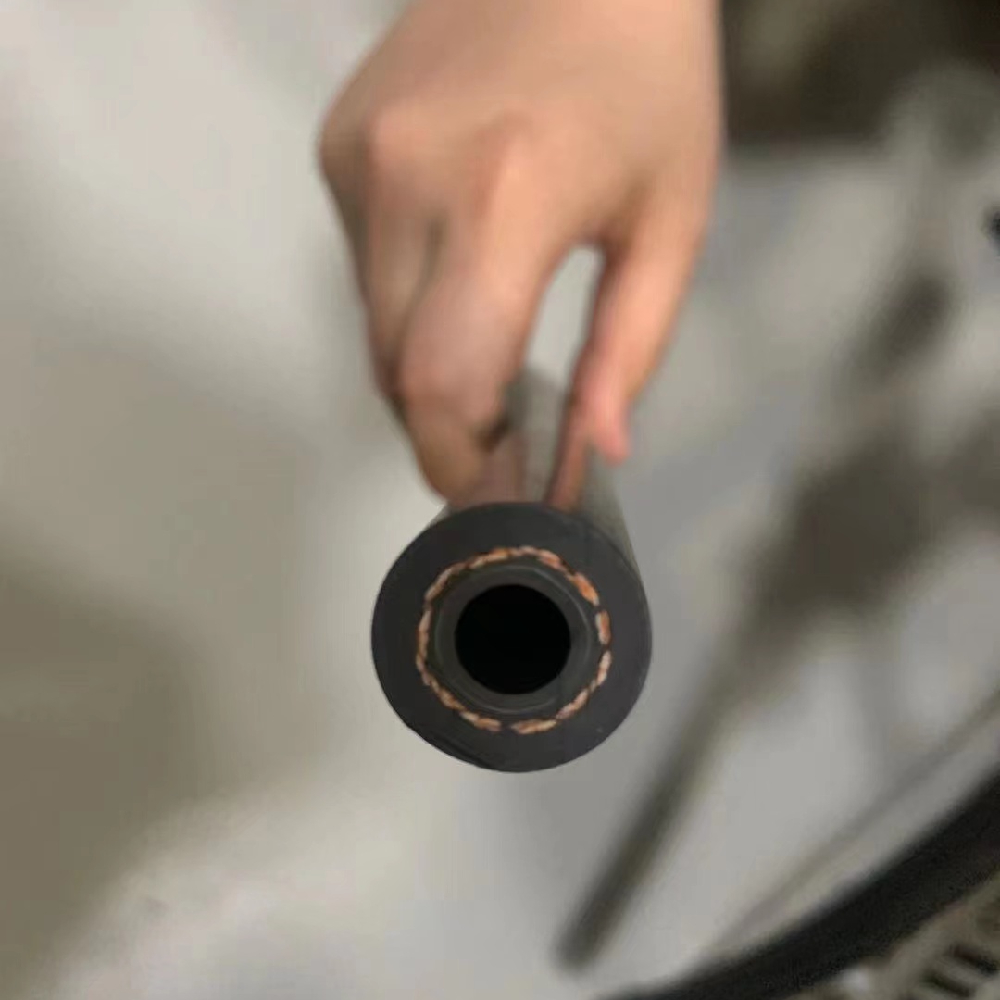High-Pressure Fuel Lines for Optimal Engine Performance and Safety Enhancements
Noy . 27, 2024 16:07 Back to list
High-Pressure Fuel Lines for Optimal Engine Performance and Safety Enhancements
Understanding High Pressure Fuel Hoses An Essential Component in Fuel Systems
High-pressure fuel hoses are critical components in the fuel delivery systems of a wide range of vehicles and machinery. Operating under high pressure, these hoses ensure the consistent flow of fuel from the tank to the engine, playing a vital role in overall performance and efficiency. Understanding the construction, function, and maintenance of high-pressure fuel hoses is essential for anyone involved in automotive repair, machinery maintenance, or fuel system design.
Construction and Material
High-pressure fuel hoses are designed to withstand significant pressure and temperature fluctuations. Typically, they are constructed from durable materials such as rubber, thermoplastic, or reinforced composites that can withstand the harsh conditions of fuel exposure. Most high-pressure hoses feature multiple layers, including a pressure-resistant inner lining that carries the fuel and a durable outer layer that protects against physical damage and abrasions.
The inner lining is often made from materials such as fluorocarbon or nitrile rubber, which are resistant to fuel absorption and degradation. The outer layers are usually reinforced with braided or spiraled synthetic fibers, providing additional strength and preventing the hose from kinking or collapsing under pressure. These construction features ensure a reliable performance and extended lifespan.
Function and Application
The primary function of high-pressure fuel hoses is to transport fuel from one component to another under high pressure. In automotive applications, these hoses connect the fuel tank to the fuel pump, and from the pump to the fuel injectors. In industrial machinery, they might transport fuel to generators or other engines.
Due to their ability to handle high pressures, these hoses are used in various applications beyond automobiles, including marine engines, aviation, and heavy equipment. Each application demands unique specifications to address the type of fuel being used, the maximum pressure requirements, and the environmental conditions the hose will face.
Safety Considerations
Given the potential hazards associated with high-pressure fuel systems, safety is paramount. Leaks from high-pressure fuel hoses can lead to serious accidents, including fires or explosions. Therefore, it is crucial to use high-quality hoses that meet industry standards and regulations.
high pressure fuel hose

When installing or replacing high-pressure fuel hoses, proper techniques must be employed to ensure secure connections and minimize risk. Using the correct clamps and fittings is essential to maintain integrity under pressure. Additionally, regularly inspecting hoses for signs of wear, such as cracks, bulges, or corrosion, can help prevent failures before they occur.
Maintenance Tips
Regular maintenance of high-pressure fuel hoses is crucial for ensuring their longevity and reliability
. Here are some tips1. Visual Inspections Conduct regular visual checks for any signs of wear, leaks, or damage. Pay special attention to areas where hoses may be subjected to abrasion or excessive heat.
2. Pressure Testing Periodically perform pressure tests to ensure that hoses can withstand the operational pressures without leaking.
3. Keep Hoses Clear Ensure that hoses are not kinked or twisted, as this can compromise their structural integrity and performance.
4. Professional Replacement When replacing hoses, always use high-quality replacements that match the specifications of the original equipment.
5. Store Properly When not in use, store hoses in a cool, dry place, away from direct sunlight and chemicals that could degrade the materials.
In conclusion, high-pressure fuel hoses play an indispensable role in the function and safety of fuel systems across various applications. Understanding their construction, proper maintenance, and safety protocols is not only essential for automotive professionals but also for anyone seeking to ensure the safe and efficient operation of fuel systems in any context. By paying close attention to these components, we can help extend their lifespan and prevent costly accidents.
